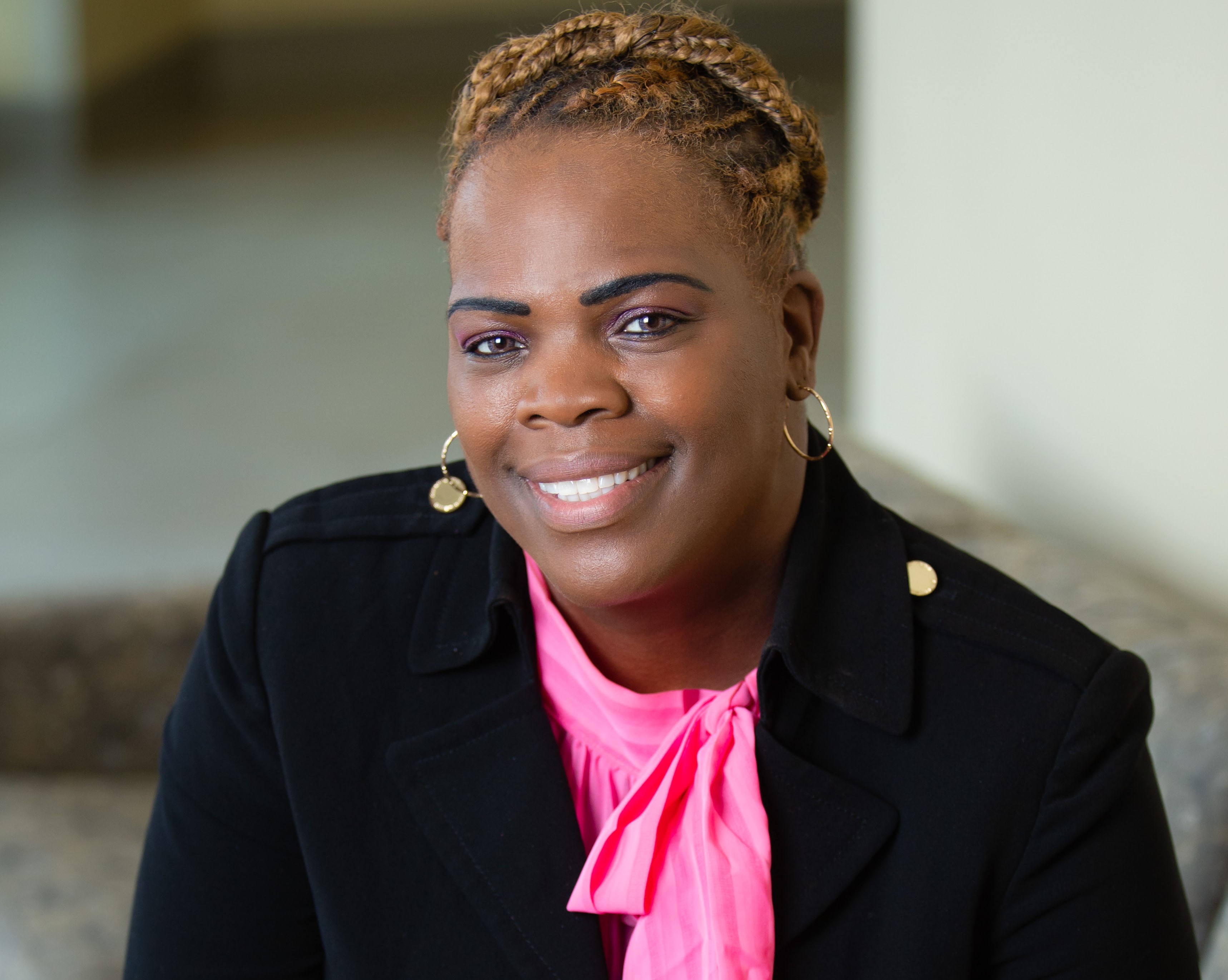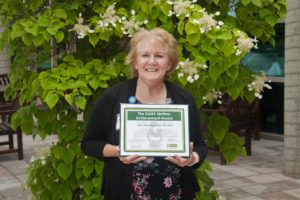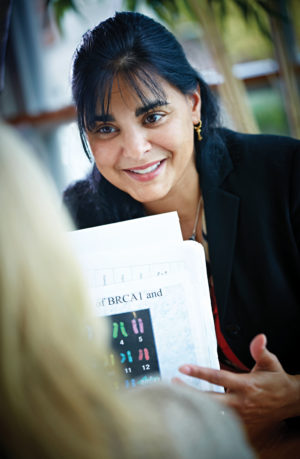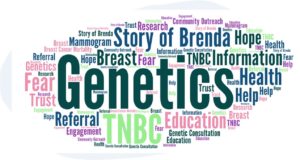Jacqui Crawford, MSN, RN, is a survivor. She learned early to pay attention to her body’s signs and signals. Growing up with fibrocystic breast changes forced her, even as a young teen, to have multiple breast biopsies to guard against potential breast cancers.
As an adult, having trained as an operating room nurse, Crawford understood the importance of a healthy lifestyle for breast cancer prevention and the value of breast self-exams, regular check-ups and screening mammograms for early detection.
But she didn’t know about triple negative breast cancer (TNBC). “The first time I even heard those words was in my doctor’s office,” she recalled. “She was telling me I had the most aggressive form of breast cancer, that it was hard to treat and likely to come back in the first three years after treatment. That was a lot to take in.”
Delaware women, especially African-American Delaware women like Crawford, are among those at highest risk for triple negative breast cancer.
Triple negative breast cancer affects 33% of black women diagnosed with breast cancer treated at the Helen F. Graham Cancer Center & Research Institute, compared with 12% of white women. Across the state, the incidence of triple negative breast cancer is higher than anywhere else in the nation.
Unlike other cancers, triple negative breast cancer does not grow in response to estrogen, progesterone or the HER2/neu gene. Medicines designed to block these three known breast cancer receptors do not work on triple negative breast cancer.
Through clinical trials and laboratory studies like those at the Center for Translational Cancer Research at the Graham Cancer Center, researchers are studying the best ways to treat TNBC.
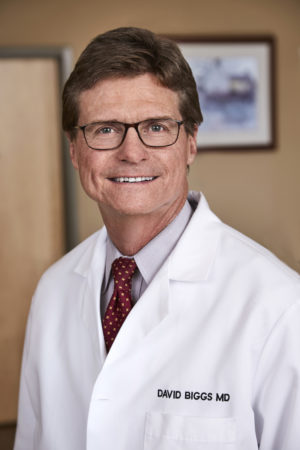
Crawford’s medical oncologist, David Biggs, M.D., recommended one such clinical trial offered at the Graham Cancer Center. After a year and a half of treatment that included radiation and chemotherapy, followed by a lumpectomy in January 2019, her cancer levels were undetectable.
As a ChristianaCare OR nurse for 19 years, Crawford expected a superior level of care from her colleagues during her cancer treatment, but found something more. “I was treated with such compassion and empathy by every one of my care team,” she said. “I truly felt cared for like a life-long family member.”
Caring for others is an important quality in Crawford’s profession. As she continued her journey to recovery, she knew she needed to share her story to help others.
“I decided when I was diagnosed that I would fight this disease,” she said, “I am a survivor now, but I am still fighting for other women who may be facing the same challenges.”
Crawford first learned about “The Story of BRENDA™” in a Community Health Outreach and Education presentation to ChristianaCare employees at the Graham Cancer Center. Afterward, she signed up to become a trained ambassador to share BRENDA’s story along with her own. ”
“I heard anguish and sadness in that room, but I also saw hope,” she said. “Cancer doesn’t have to be a death sentence. I wanted to share my experiences and what helped get me through it all to bring that hope to others.”
BRENDA is not a real person, but her story is one that can help real women at all stages of life reduce their risks for triple negative and other types of breast cancer.
BRENDA, an acronym, provides an easy way to remember six essential steps to reduce the risk for breast cancer:
• Breastfeed.
• Reduce consumption of alcoholic and sugary beverages.
• Exercise 2½ hours each week.
• Nutritious foods.
• Do not smoke.
• Achieve a healthy body weight.
People hear about the importance of knowing family history and how their doctor can help develop a personalized screening plan for some women and family members who may be identified at increased risk for TNBC through genetic counseling and testing.
BRENDA’s message also includes how clinical trials can increase treatment options and how participation can help researchers find new, more effective treatments.
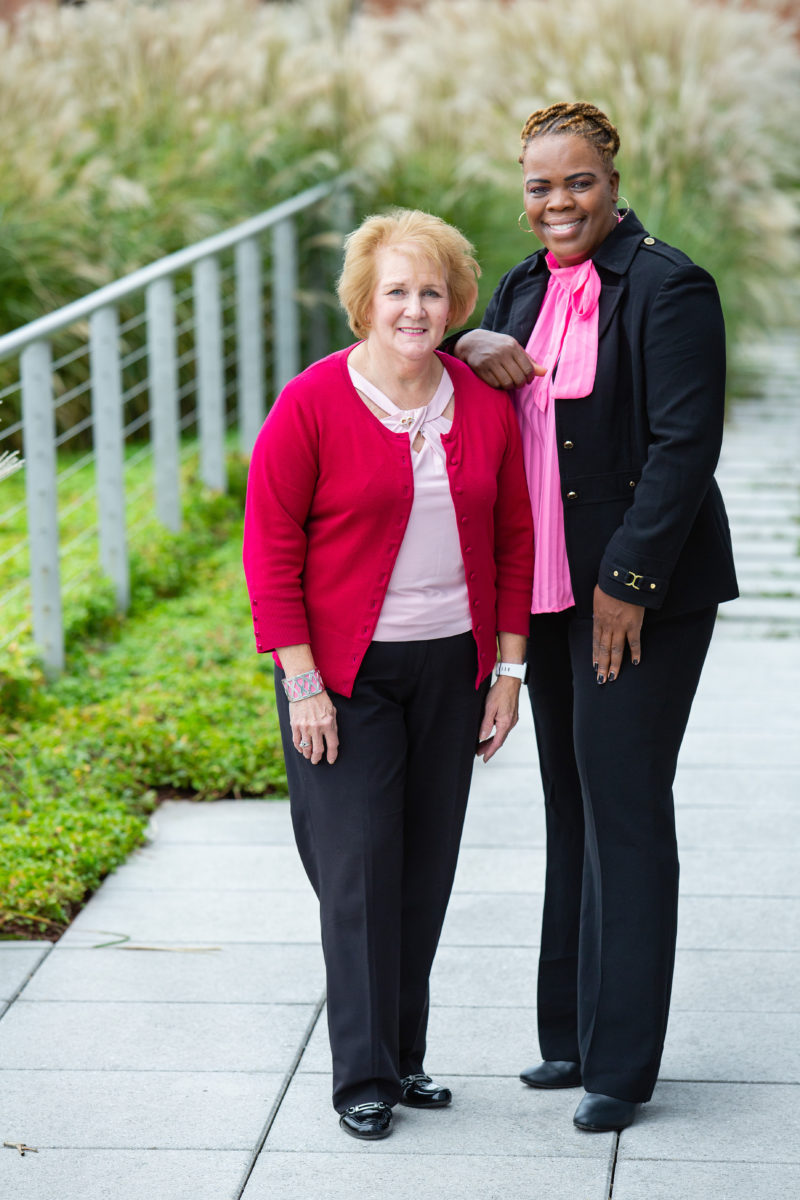
Nora Katurakes, MSN, RN, OCN, manager of Community Health Outreach and Education at the Graham Cancer Center, said events like the BRENDA presentations bring people together to start a conversation in the room that she hopes will continue among mothers and daughters, girlfriends and aunties out into the community.
The Story of BRENDA was created in response to a need for more community education identified by the members of ChristianaCare’s Community Research Advisory Board, formed to help researchers identify issues important to the community. A number of sorority sisters, and faith-based and community volunteers are helping to pass along BRENDA’s message to increasing numbers of women in our community.
“Our success is driven by the amazing women like Jacqui who are willing to share their own stories along with BRENDA’s story to willing listeners,” Katurakes said. “Our goal is to reach every woman who wants and needs to know more about maintaining breast health and how to reduce her risks for breast cancer,” Katurakes said.
To schedule a free presentation of “The Story of BRENDA” for your community group, contact ChristianaCare’s Community Health Outreach Department at the Graham Cancer Center at 302-623-4661 or visit online.
